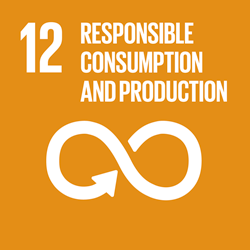Technological watch
Water resource synergy management in response to climate change in China: From the perspective of urban metabolism
Climate change exacerbates the vulnerability of water resources, and water-energy-carbon nexus makes water management more complicated. This paper attempts to explore the water resource synergy management paths within urban metabolic system against the background of human actively respond to climate change. We hold that: (1) Climate change would aggravate water scarcity risk from a supply-based perspective. Meanwhile, the normal metabolism of water consumers and energy consumption and mitigation options against climate change would directly and indirectly respectively, affect the water usage from a demand-based perspective. (2) Agriculture has great water-saving potential resulting from drip irrigation and drought-resistant technologies, but the potentials would be gradually endangered by biomass crop popularization. Industrial water saving mainly lies in energy efficiency, renewable energy, and CO2-enhanced water recovery (CO2-EWR). Domestic water-saving depends on sewage source treatment and awareness of water and energy conservation. Ecological water-saving should focus on the circulation of natural ecosystems and hydraulic systems. (3) Synergy management emphasizes the dynamic complementarity among water consumers in the urban metabolic system. Particularly, it is possible to compensate industrial water usage through agricultural water-saving due to fossil energy-based carbon capture and storage (CCS) in the medium to long term, while it is probably reversed due to the biomass crops expansion and bioenergy-based CCS (BECCS) deployment in the future. Additionally, seasonal changes and regional disparities should be fully taken into consideration. Overall, water resource policies should contribute towards effective water allocation within the urban metabolic system and low-carbon technologies deployment against climate change.
Publication date: 01/12/2020
Author: Haodong Lv, Lin Yang, Jinsheng Zhou, Xian Zhang, Wenjing Wu, Yiming Li, Dalin Jiang






